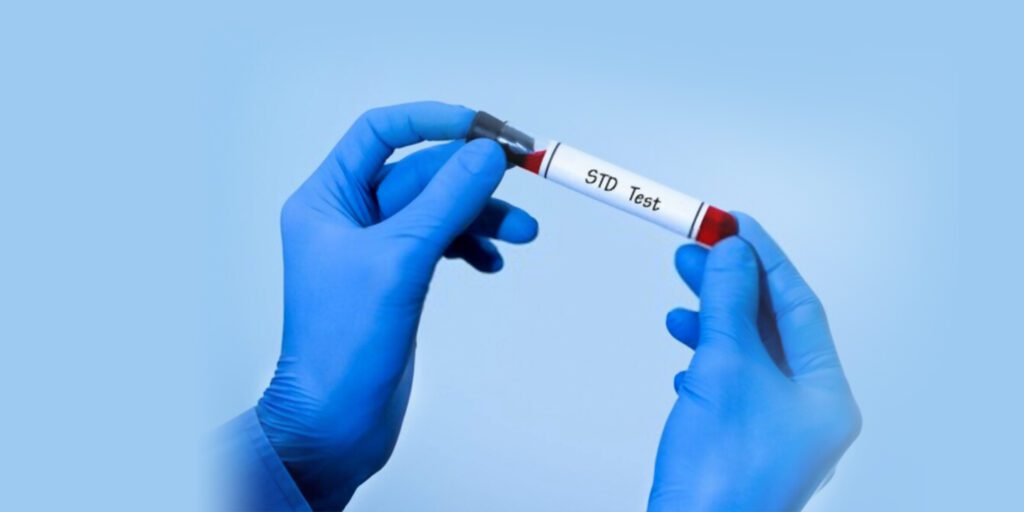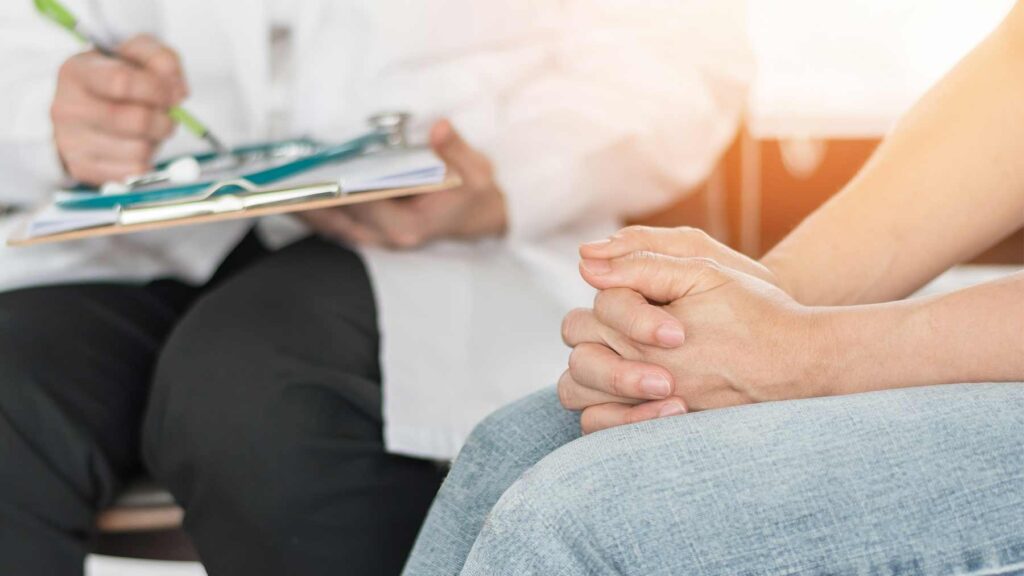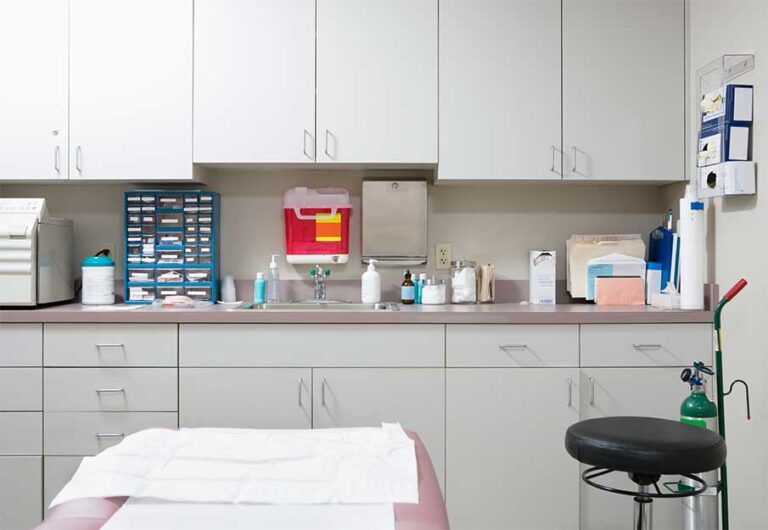How STDs Are Diagnosed
Sexually transmitted diseases (STDs) are infections that are transmitted through sexual contact with an infected partner. While the best way to prevent STDs is to practice safe sex, it is also important to get tested and diagnosed if you suspect you may have contracted an STD. In this article, we’ll look at the process of STD diagnosis and the role of an STD clinic in the process.

Step 1: Recognizing Symptoms
The first step in STD testing is recognizing the symptoms. However, not all STDs have visible symptoms. Some of the most common symptoms include:
- Pain or burning sensation during urination
- Abnormal discharge from the genitals
- Genital sores or bumps
- Pain during sexual intercourse
- Fever or flu-like symptoms
If you experience any of these symptoms or suspect that you may have been exposed to an STD, it’s important to seek medical attention as soon as possible.
Step 2: STD Clinic Visit
Once you recognize symptoms or suspect you may have an STD, the next step is to visit an STD clinic. Clinics are specialized medical facilities that focus on the prevention, diagnosis, and treatment of STDs. These clinics have specialized equipment and personnel that are trained to diagnose and treat STDs. They offer a safe and confidential environment for testing and treatment.
Step 3: STD Diagnosis
At an STD clinic, the diagnosis process typically starts with a physical exam and a discussion of your medical history and symptoms. The healthcare provider may then order specific tests to diagnose the STD. Some of the most common tests include:
- Blood tests – to check for HIV, syphilis, and hepatitis
- Urine tests – to check for chlamydia and gonorrhea
- Swab tests – to check for genital herpes, HPV, and bacterial infections
The healthcare provider will explain the STD testing process and what to expect during the procedure. Once the test results are available, the healthcare provider will discuss the diagnosis and treatment options.
Step 4: Treatment
The treatment for STDs varies depending on the type of infection. Some STDs can be cured with antibiotics, while others may require long-term treatment. In some cases, STDs cannot be cured, but symptoms can be managed with medication. The healthcare provider will discuss the treatment options and provide recommendations for follow-up care.

A few Other Important Things to Know About STD Diagnosis
Testing Frequency:
It’s important to get STD tests regularly, especially if you are sexually active with multiple partners. The frequency of testing will depend on your risk factors and sexual behavior. Your healthcare provider can help you determine how often you should be tested.
Confidentiality:
STD Clinics are required by law to keep your medical information confidential. This means that your test results will not be shared with anyone without your permission, including your family or partner. However, it’s important to note that if you test positive for certain STDs, the clinic may be required to report it to the Public Health Department.
Home Testing:
Some STDs can be diagnosed with at-home testing kits that you can order online or purchase at a pharmacy. While these tests can be convenient, they may not be as accurate as tests performed by a healthcare provider. Additionally, if you test positive for an STD, you will still need to see a healthcare provider for treatment.
Prevention:
The best way to prevent STDs is to practice safe sex. This includes using condoms and dental dams, getting vaccinated for certain STDs like HPV and hepatitis B, and limiting sexual partners. It’s important to have open and honest conversations with your partners about sexual health and to get tested regularly.
Be Honest with Your Healthcare Provider:
It’s important, to be honest with your healthcare provider about your sexual history and any symptoms you may be experiencing. This information will help them make an accurate diagnosis and provide the best treatment options.
Be Prepared for the Testing Process:
Depending on the type of test you need, you may be asked to provide a urine sample, blood sample, or swab from the affected area. Make sure to follow any instructions given by your healthcare provider and ask questions if you’re unsure about anything.
Follow-up After Treatment:
If you are diagnosed with std and receive treatment, it’s important to follow up with your healthcare provider to ensure that the infection has been cured or managed. They may recommend additional testing or follow-up appointments to monitor your progress.
Get Tested With Your Partner:
If you are in a committed relationship, it’s a good idea to get tested for STDs together. This can help you both stay informed about your sexual health and prevent the spread of infections.
Stay Informed:
There are many resources available for learning about STDs and sexual health. Stay informed about the latest research, prevention methods, and treatment options to protect yourself and your partners.
Conclusion:
STD diagnosis is an essential step in preventing the spread of sexually transmitted infections. Early diagnosis and treatment are crucial in preventing long-term health complications. STD clinics play a vital role in the diagnosis and treatment of STDs, offering a safe and confidential environment for testing and treatment. If you suspect you may have an STD, it’s important to seek medical attention as soon as possible. Remember, prevention is always better than cure, and practicing safe sex is the best way to prevent the spread of STDs.
Related Tag: STD Testing in Jacksonville






